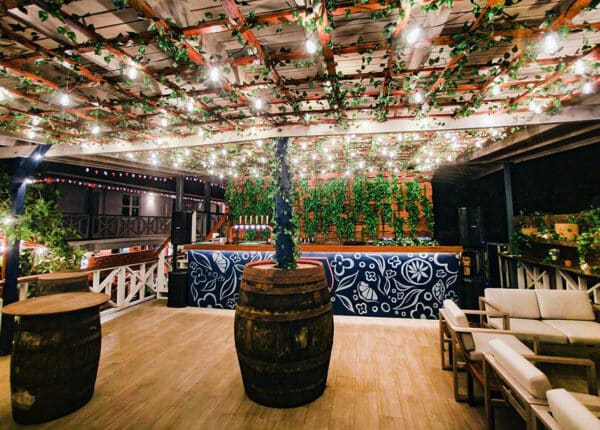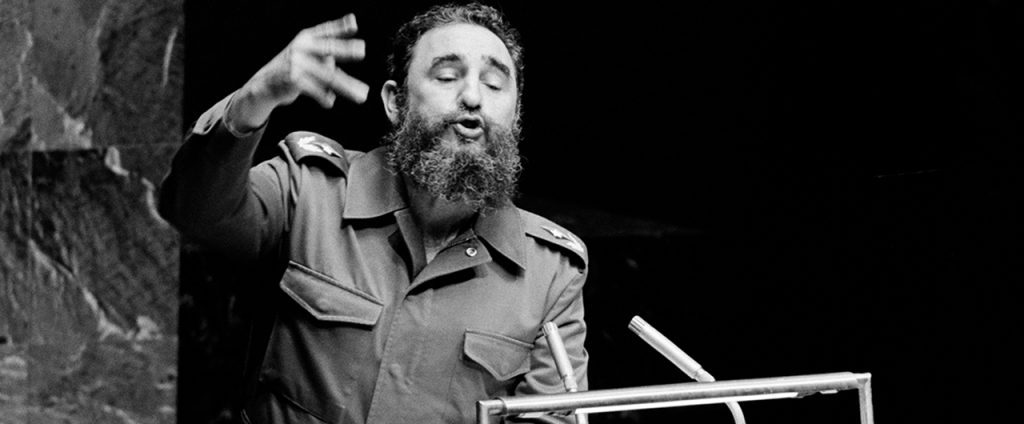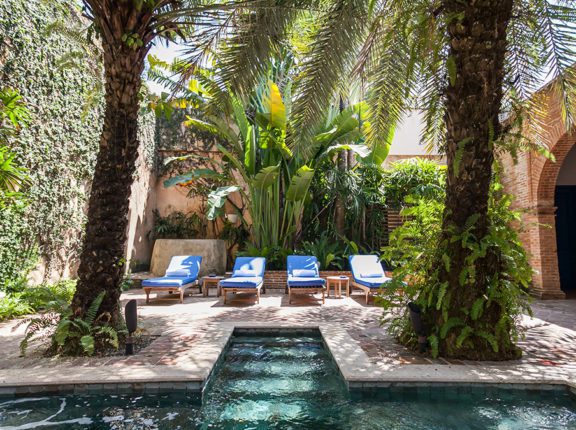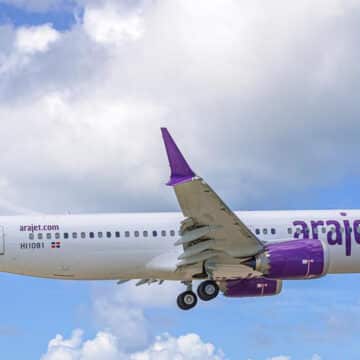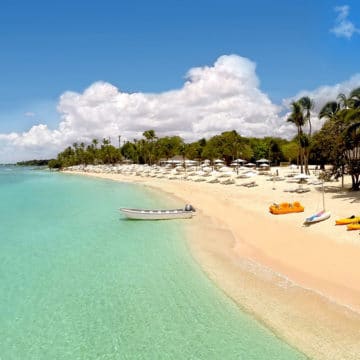The Cuba Journal is reporting that Fidel Alejandro Castro Ruz, born August 13, 1926, has died on November 25, 2016.
Castro was a Cuban politician and revolutionary who governed the Republic of Cuba as Prime Minister from 1959 to 1976 followed by term as President of Cuba from 1976 to 2008.
Politically a Marxist–Leninist and Cuban nationalist, he also served as the First Secretary of the Communist Party of Cuba from 1961 until 2011. Under his administration Cuba became a one-party socialist state; industry and business were nationalized, and state socialist reforms implemented throughout society.
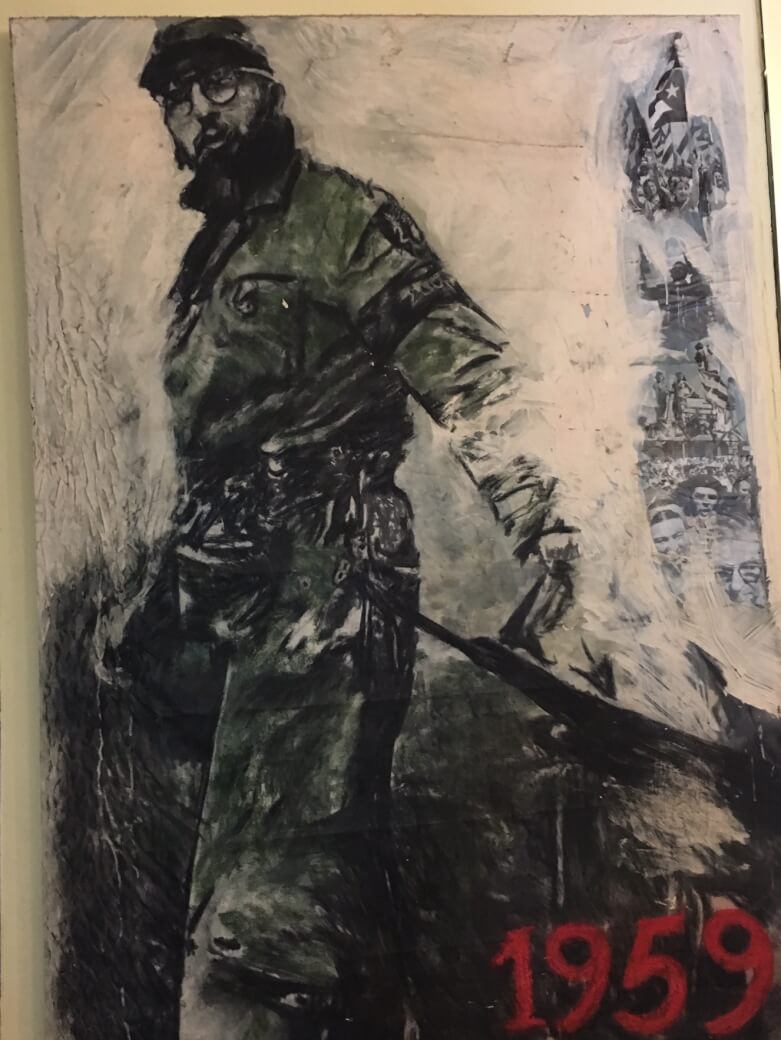
Born in Birán as the son of a wealthy Spanish farmer, Castro grew up in a relatively privileged family of landowners in comfortable circumstances.
RELATED: Cuba’s History in 500 Words
Castro adopted leftist anti-imperialist politics while studying law at the University of Havana. After participating in rebellions against right-wing governments in the Dominican Republic and Colombia, he planned the overthrow of Cuban President Fulgencio Batista, launching a failed attack on the Moncada Barracks in 1953.
After a brief imprisonment, he traveled to Mexico to form a revolutionary group, the 26th of July Movement, with his brother Raúl Castro and Che Guevara. Returning to Cuba, Castro took a key role in the Cuban Revolution by leading the movement in a guerrilla war against Batista’s forces from the Sierra Maestra.
After Batista’s overthrow in 1959, Castro assumed military and political power as Cuba’s Prime Minister. The U.S. was alarmed first by Castro’s taking of U.S. businesses and assets and later in 1960 by Castro’s anti-American rhetoric.
RELATED: Here’s What the Sons of Cuba’s Revolutionary Icons Are Doing Today
In the summer of 1960, Russian Premier Khrushchev acknowledged a Soviet connection to Cuba. On July 9 1960, U.S. President Eisenhower suspended the importation of Cuban sugar. Khrushchev then announced, “The U.S.S.R. is raising its voice and extending a helpful hand to the people of Cuba….Speaking figuratively, in case of necessity, Soviet artillerymen can support the Cuban people with rocket fire.”
The U.S. government made several unsuccessfull attempts to remove Castro by assassination, economic blockade, and counter-revolution, including the Bay of Pigs invasion of 1961.
Countering these threats, Castro formed an alliance with the Soviets and allowed them to place nuclear weapons on the island, sparking the Cuban Missile Crisis—a defining incident of the Cold War—in 1962.
Adopting a Marxist-Leninist economic development plan, Castro converted Cuba into a one-party socialist state under Communist Party rule, the first in the Western hemisphere. Reforms introducing central economic planning and expanding healthcare and education were accompanied by state control of the press and the suppression of internal dissent.
Abroad, Castro supported anti-imperialist revolutionary groups, backing the establishment of Marxist governments in Chile, Nicaragua, and Grenada, and sending troops to aid allies in the Yom Kippur War, Ethio-Somali War, and Angolan Civil War. These actions, coupled with Castro’s leadership of the Non-Aligned Movement from 1979–83 and Cuba’s medical internationalism, increased Cuba’s profile on the world stage and earned its leader great respect in the developing world.
Following the Soviet Union’s dissolution in 1991, Castro led Cuba into its “Special Period” and embraced environmentalist and anti-globalization ideas. In the 2000s he forged alliances in the Latin American “pink tide”—namely with Hugo Chávez’s Venezuela—and signed Cuba to the Bolivarian Alliance for the Americas.
In 2006, after several health challenges, Fidel transferred his responsibilities to Vice-President Raúl Castro, who formally assumed the presidency in 2008.
Fidel Castro was a controversial and divisive world figure. He was decorated with various international awards, and his supporters laud him as a champion of socialism, anti-imperialism, and humanitarianism, whose revolutionary regime secured Cuba’s independence from American imperialism.
Conversely, critics view him as a totalitarian dictator whose administration oversaw multiple human-rights abuses, an exodus of more than one million Cubans, and the impoverishment of the country’s economy.
This story originally appeared in the Cuba Journal, the world’s leading website covering Cuba.
